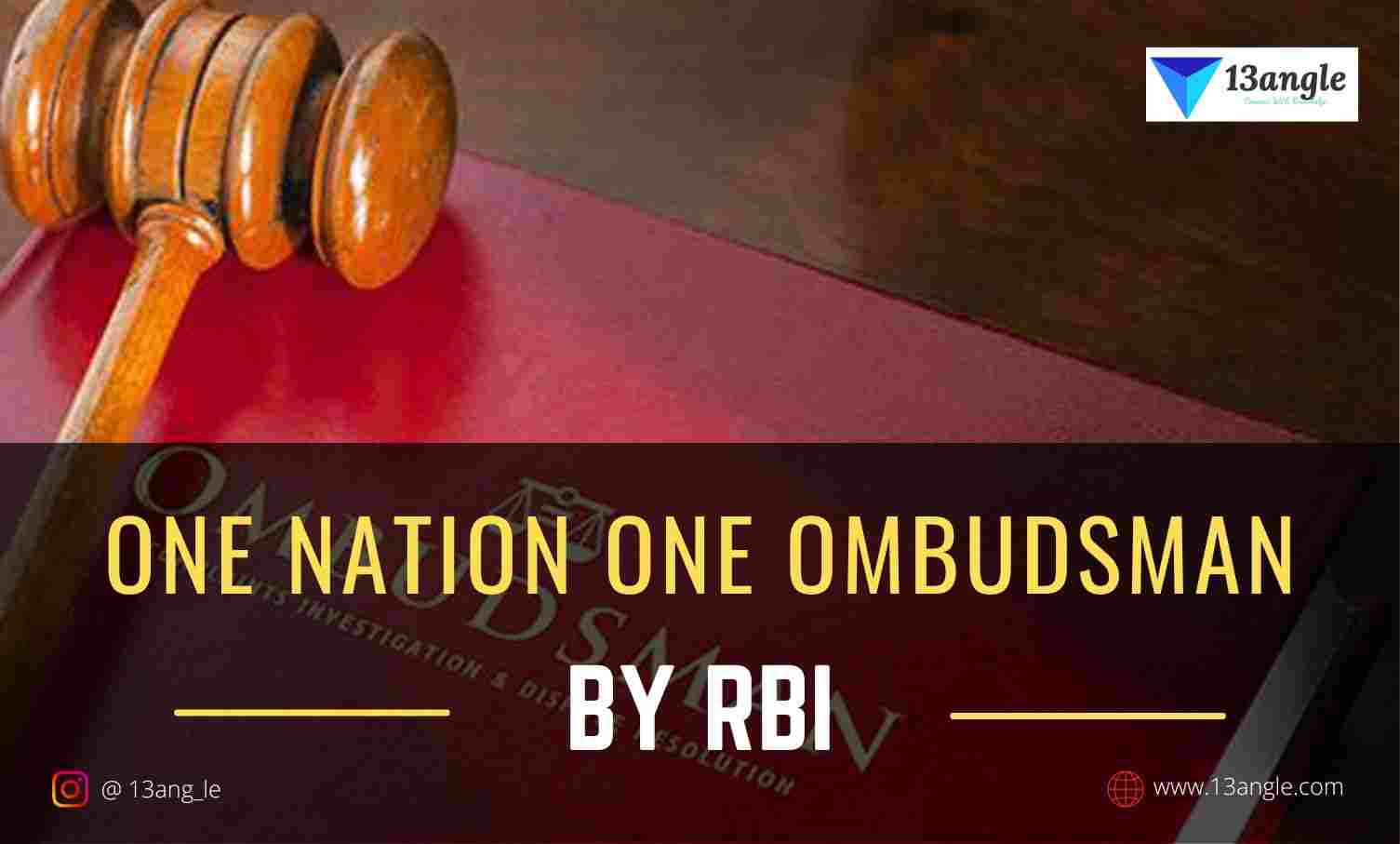The Chief Minister is the head of the state government and is responsible for running the administration of the state.
The Chief Minister is appointed by the Governor of the state and is usually the leader of the political party or coalition that has the majority in the Legislative Assembly.
The Chief Minister recommends the names of persons to be appointed as ministers in the state government to the Governor.
The Chief Minister chairs the meetings of the Council of Ministers and is responsible for ensuring that the policies and programmes of the government are implemented effectively.
The Chief Minister represents the state at various national and international forums and negotiates with the central government on matters of policy and funding.
The Chief Minister has the power to declare a state of emergency if he or she is satisfied that there is a threat to the security or stability of the state.
The Chief Minister is responsible for maintaining law and order in the state and can call in the state police or the central paramilitary forces if necessary.
The Chief Minister can be removed from office by the Governor if he or she loses the confidence of the Legislative Assembly.
The office of the Chief Minister is a crucial post in the Indian political system and plays a significant role in the development and governance of the state.
The Chief Minister is responsible for ensuring that the state government works towards the welfare and development of the people of the state.
Short Notes On Chief Minister Of The States In India
Shares:
0 Comments





